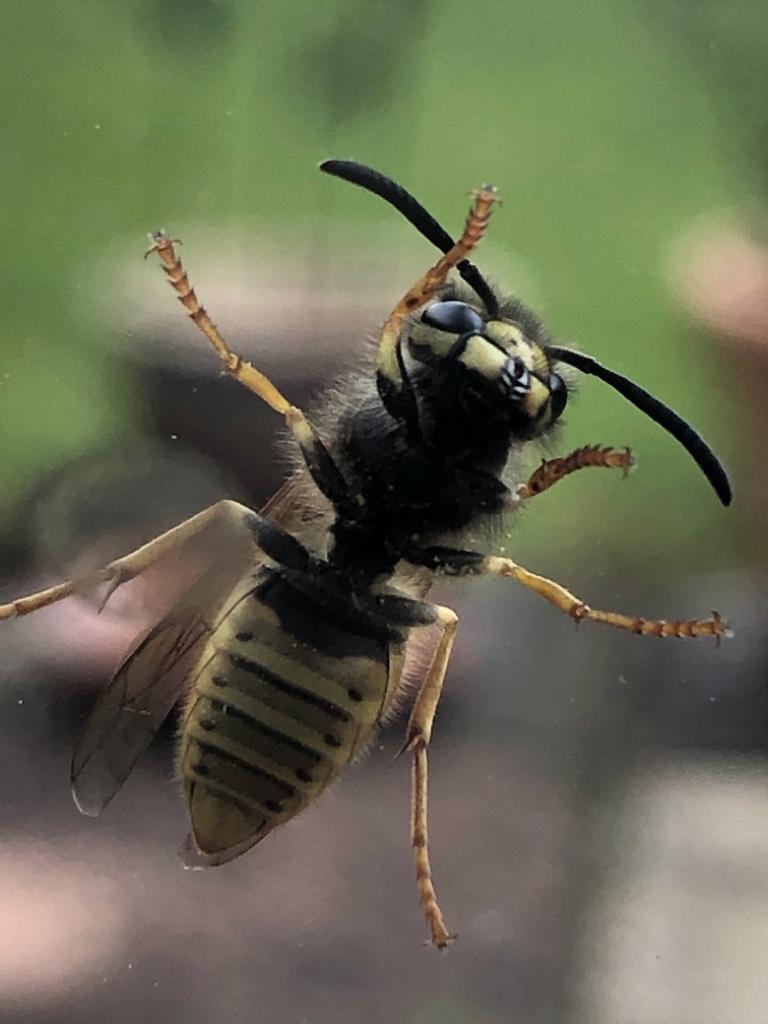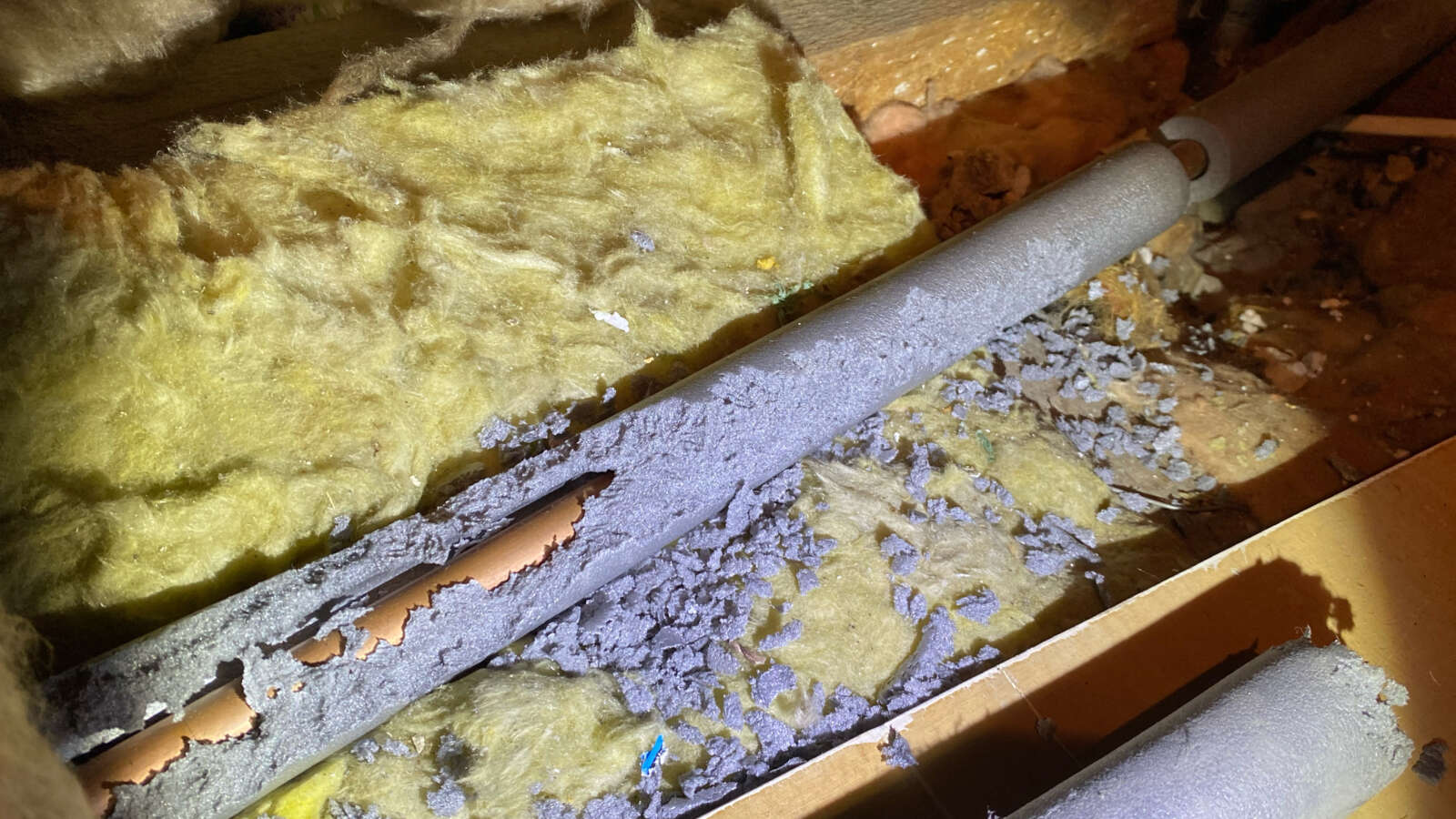Introduction:
Welcome to our buzzing blog, where we delve into the captivating world of wasps in the UK. While these insects may evoke mixed feelings, it’s crucial to understand their significance and the role they play in our ecosystem. In this article, we’ll explore interesting facts about wasps, their behaviour, and provide useful tips for dealing with them. So, let’s get started and unravel the secrets of these aerial acrobats!

The Diversity of UK Wasps:
The United Kingdom is home to a variety of wasp species, each with unique characteristics and habits. The two most common types found across the country are social wasps and solitary wasps. Social wasps, such as the common wasp (Vespula vulgaris) and the German wasp (Vespula germanica), form large colonies and construct nests, often causing a nuisance around homes and gardens. Solitary wasps, on the other hand, do not form colonies and typically live alone, preying on other insects.
The Lifecycle of a Wasp:
Understanding the lifecycle of wasps can help us coexist peacefully with them. Wasps undergo a complete metamorphosis, similar to butterflies. The lifecycle begins with a queen wasp emerging from hibernation in spring. She builds a small nest and lays eggs, which develop into larvae. The queen feeds and cares for the larvae until they pupate and eventually become adult worker wasps. As summer progresses, the colony expands, and new queens and male wasps are produced. Towards autumn, the new queens leave the nest to find suitable locations for hibernation, while the rest of the colony dies off.

The Ecological Role of Wasps:
Despite their bad reputation, wasps serve essential ecological roles. They are effective predators, feeding on insects, caterpillars, and flies, helping to control populations of garden pests. Wasps are also important pollinators, aiding in the fertilization of plants as they move from flower to flower in search of nectar. By maintaining a healthy balance in ecosystems, wasps contribute to biodiversity and overall environmental stability.
Dealing with Wasp Nests:
Finding a wasp nest in or around your property can be alarming. It’s important to remember that disturbing or attempting to remove a nest yourself can be dangerous and should be left to professionals like Mission Pest Cont. We are equipped to handle wasp nest removal safely and efficiently. Contacting us will ensure the nest is eliminated without putting yourself or others at risk. We guarantee to remove the infestation and will return free of charge if our treatment doesn’t work.
Preventive Measures and Wasp Deterrence:
To minimise the chances of wasp infestation and discourage their presence, a few preventive measures can be implemented. Keep food and sugary drinks covered when outdoors, as they attract wasps. Sealing cracks and openings in windows and doors to prevent wasps from entering your home can help. Although as they are so small, this is almost impossible to do for your whole house. A natural approach that can sometimes help is planting wasp-repelling plants.
Here are some wasp repelling plants:
- Eucalyptus
- Wormwood
- Mint
- Thyme
- Marigold
More information on this can be found HERE
Conclusion:
Wasps, despite their reputation, are remarkable creatures that play a vital role in the ecosystem. Understanding their behaviour, lifecycles, and implementing preventive measures can help coexist harmoniously with them. However, if you do need a pest controller to remove them, contact us by clicking HERE or call us on 01793379333


